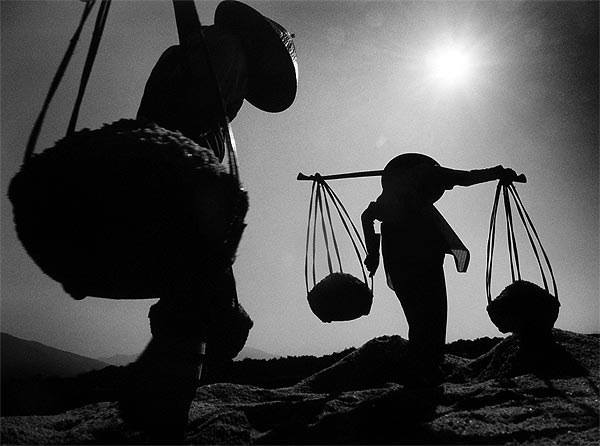Readings: Genesis 2:7-9; 3: 1-7; Romans 5: 12-19; Matthew 4: 1-11
Text: “Then the devil took him up to a very high mountain, and showed him all the kingdoms of the world in their magnificence, and he said to him, "All these I shall give to you, if you will prostrate yourself and worship me." (Matthew 4: 8-9)
Meditation: Bread, Wealth and Powers are very strong temptations. We have our own price tag and when the call comes, we, often, find ourselves “sold”! Jesus’ temptations speak to us this season of Lent. Do we live for bread, wealth and power that we practically have become our gods?
To counter the temptations of acquisitiveness and possessions, the Church invites us to share with the needy our talents, time and treasure – the theme of Alay Kapwa. This season of lent, ewe need to re-affirm that we are more than bread, power and wealth!
DHIKR SIMPLE METHOD
1st step: Write the text or Dhikr (the Arabic word for REMEMBRANCE) in your heart.
2nd step: Let the text remain always in on your lips and mind - RECITING the text silently as often as possible...
3rd step: Be attentive to the disclosure of the meaning/s of the text in your life.
